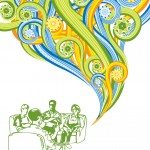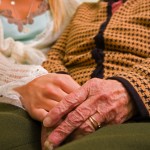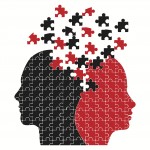
Depression commonly occurs during pregnancy and it’s often a challenging condition to treat as the health of the mother has to be balanced with the potential risks that can be caused to the foetus by antidepressant drugs. Pilot trials have previously shown that light therapy may be a safe and effective treatment in this population, [read the full story…]








